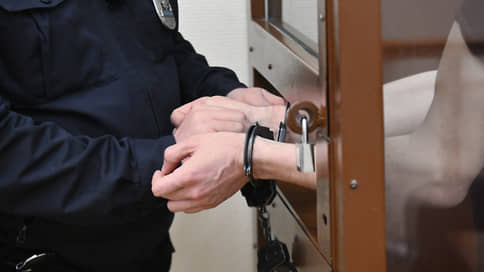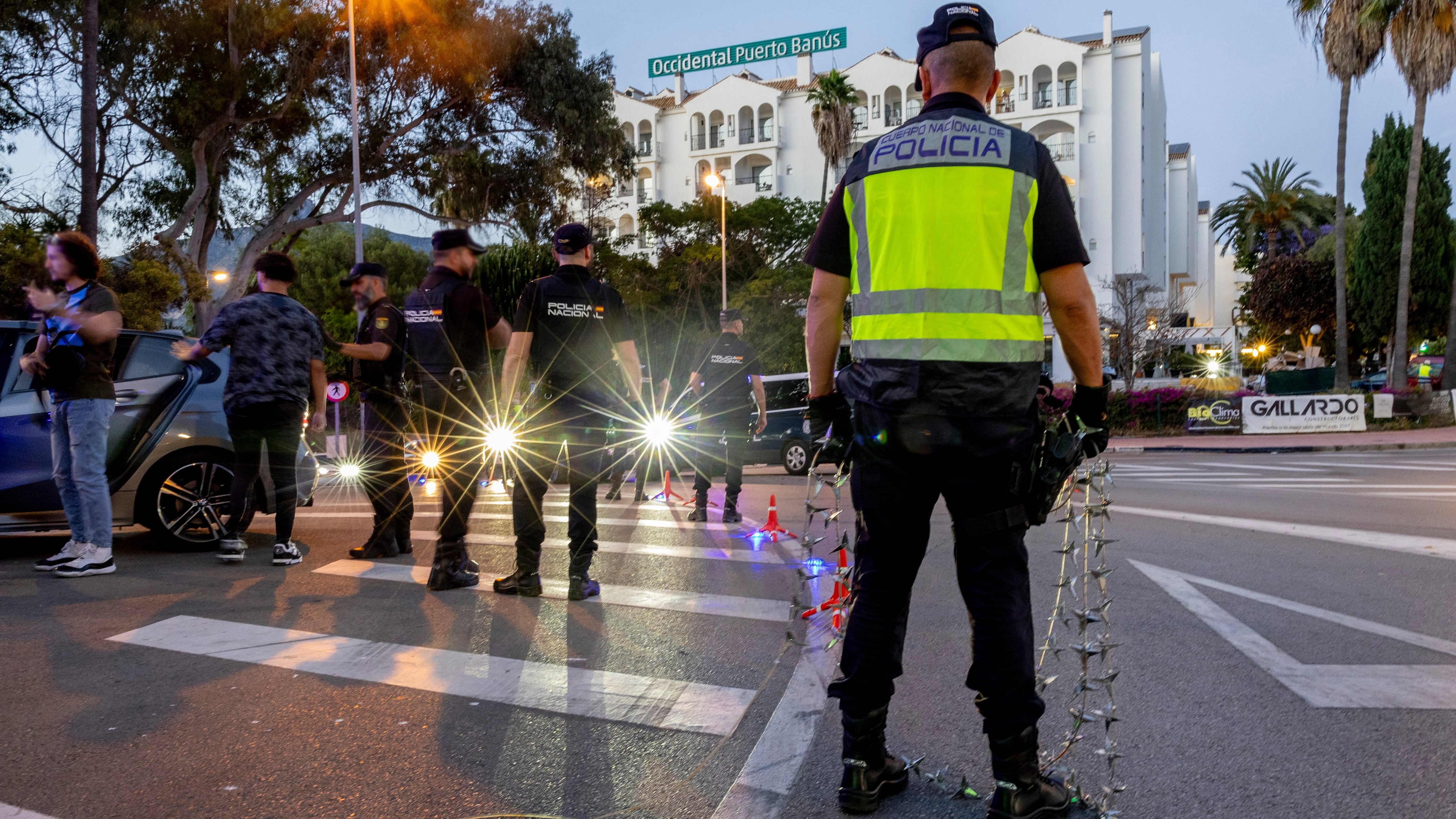The Supreme Court allowed not to confirm the results of online shootings by electronic signature

Even if the protocol on the results of remote electronic voting (DEG) is not certified by electronic digital signatures (EDS) of the chairman and secretary of the election commission, the courts are not required to disqualify it, since the requirements of the Federal Law on EDS do not apply to legal relations that arise during the election. This is stated in the determination of the administrative collegium of the Supreme Court (Sun), which rejected the cassation appeal of the ex-candidate to the deputies of the Moscow City Duma Ilya Sviridov.
Ilya Sviridov disputed the results of the elections in the Moscow City Duma in 2024, seeking the abolition of the results in the constituency No. 44, where he ran for. In his complaint, the politician argued that the DEG procedure contradicts the law, and during the vote, violations were committed that did not allow to reliably determine the will of voters. In particular, the applicant, the list of voters and data on the results of the DEG were not signed by electronic signatures in accordance with the requirements of the Law “On Electronic Signature”, and DEG was available only to citizens verified on the “State Services” portal, which violates the principle of free elections. In addition, a set of operating documents, including the operating manual and a technical passport for the DEG system, were not published, which contradicts the principle of publicity and openness of the elections, and the security certificate for the system was dated 2021 and obviously outdated, Mr. Sviridov claimed.
However, the Supreme Court did not see the grounds for revising the decisions of lower courts that refused to cancel the election results.
In the determination of the administrative collegium of the Armed Forces, it is noted that the applicant actually raises the question of the illegality of the application of DEG, which, in his opinion, violates one of the principles of election, namely, the ban on interference in the activities of election commission by authorities. “However, the possibility of holding during the electronic voting elections is established by the federal legislator, therefore, when considering this administrative case, it cannot be qualified as other violation of the electoral legislation,” says the Supreme Court.
Also, according to the court, during the trial, violations were not established that could significantly affect the will of voters, and they can become the basis for the cancellation of the election results. The absence of electronic signatures of the chairman and secretary of the Mosgorisbirkoma in the DEG results is also not a significant violation, the Armed Forces.
The Law on the EDP regulates its use in the commission of civil transactions, the provision of public services and the performance of state functions, but it is not applicable to the election legislation and does not determine the requirements for the election campaign, explained the Armed Forces.
Ilya Sviridov told Kommersant that he did not agree with such an interpretation and intends to continue the struggle, having reached, if necessary, to the Constitutional Court. However, the question will have to be raised more widely, the politician believes: in particular, that it is impossible to double -check the results of DEG, including in the courts, and this is questioned by one of the basic principles of elections – their transparency and openness.
This is not the first time that the Alloy confirms the legitimacy of electronic will: for example, in 2022 he already spoke about the legitimacy of multi-day voting using online technologies in the municipal elections of 2022 in Moscow. However, the position on the inconsistency of the Law on the EDS to the ETR elections was formulated for the first time, the electoral lawyer Garein Mitin notes, although it has already met in decisions of lower authorities. The expert considers the explanation given to the Supreme Empitation quite logical, because the EDS law itself already determines the subject of its regulation. Which, however, does not cancel the relevance of the issue of improving the electoral legislation in this regard, adds Mr. Mitin.







